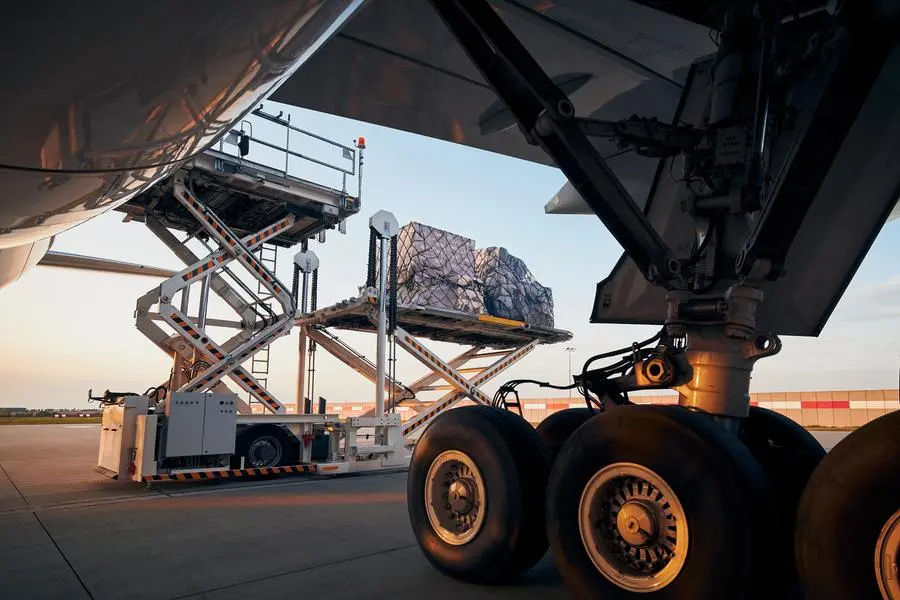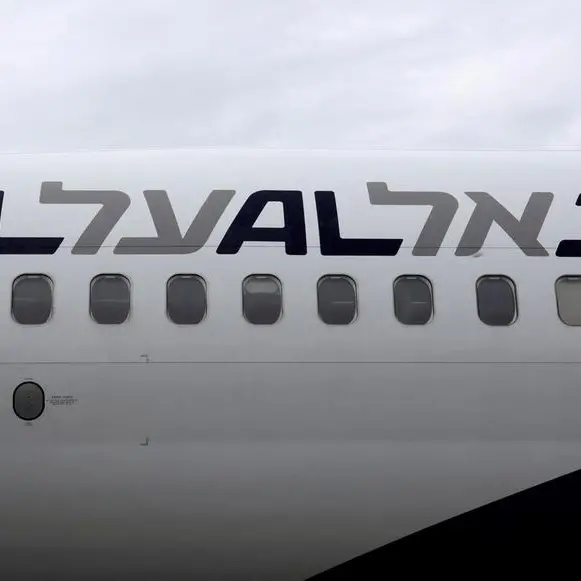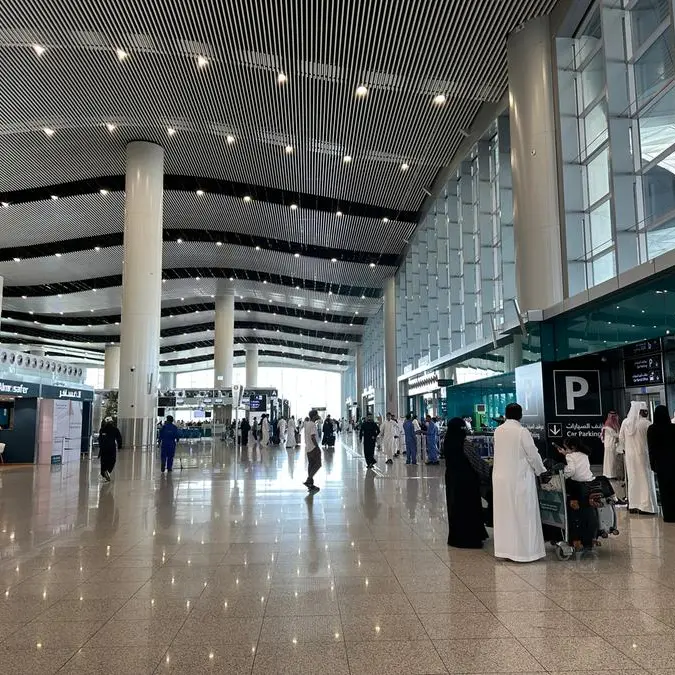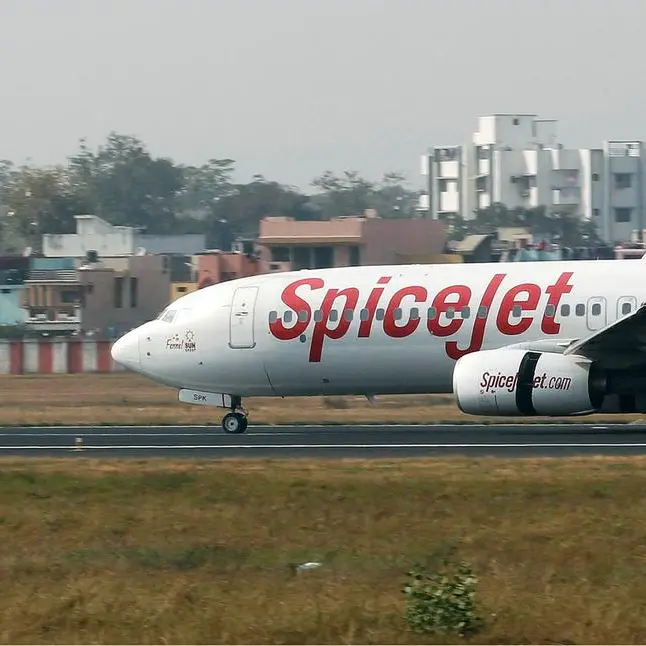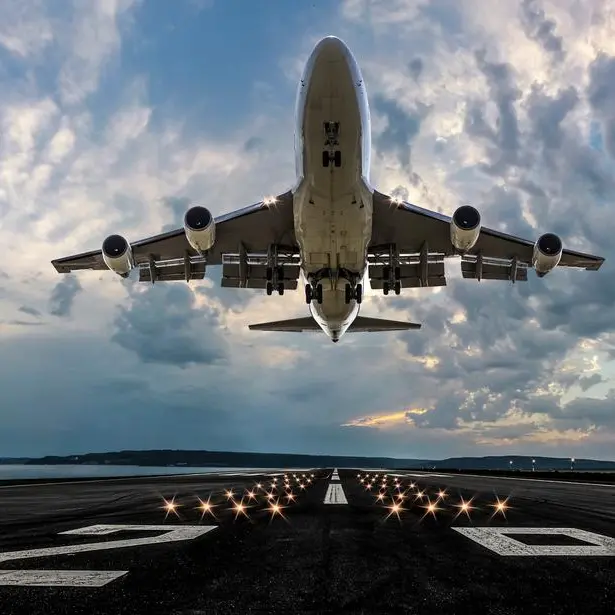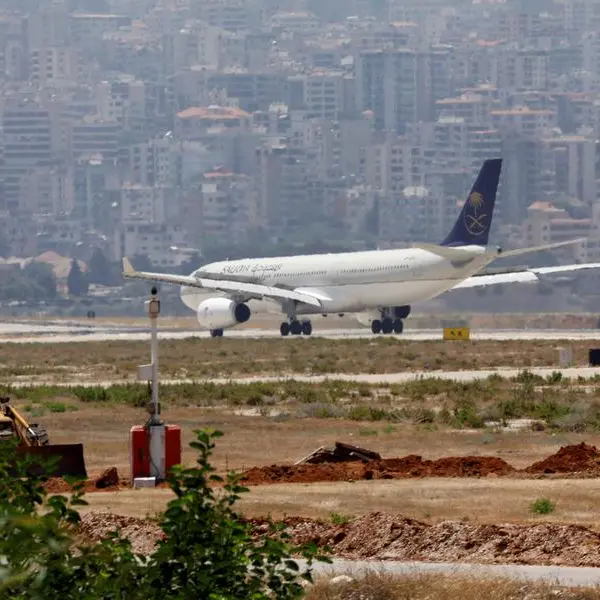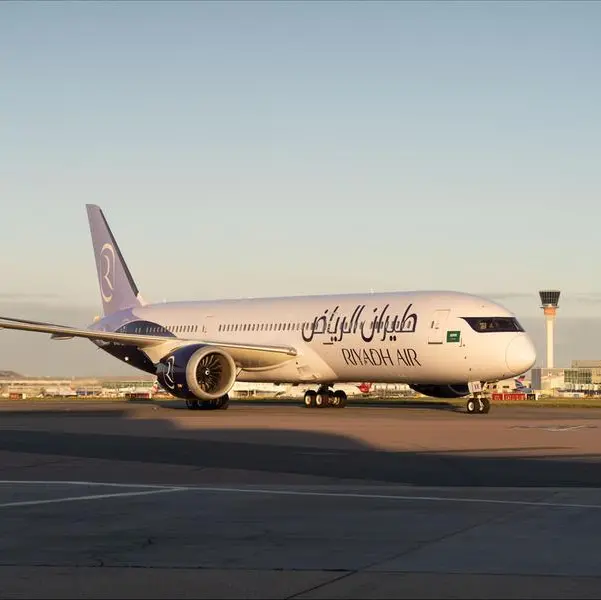PHOTO
Airlines in the Middle East experienced a 10.9% year-on-year fall in cargo volumes in July as the overall market continues to be impacted by supply chain constraints and evolving economic conditions.
The significant benefits from traffic being redirected to avoid flying over Russia also failed to materialise, while stagnant cargo volumes to and from Europe impacted the region’s performance in July, the International Air Transport Association (IATA) said on Wednesday.
However, the region's carriers saw capacity growing by 4.9% compared to July 2021.
For Asia-Pacific airlines, air cargo volumes fell by 9% year-on-year in July 2022, which IATA said indicates volatility in volumes, as pent-up demand from the last Omicron-related lockdowns in China should prevent such notable declines in volumes. Available capacity in the region increased by 2.7%.
North American carriers posted a 5.7% decrease in cargo volumes with capacity up by 4.2% compared to July 2021, European carriers a 17% decrease in volumes and capacity up 0.9%.
Latin America was the only region to report an increase in cargo volumes, which went up by 9.2%, while capacity rose 21.4%. African airlines saw cargo volumes decrease by 3.5%, with capacity down 2.2%.
Supply chain constraints
"Volatility resulting from supply chain constraints and evolving economic conditions has seen cargo markets essentially move sideways since April," said IATA director general Willie Walsh.
The aviation body’s data showed that global demand in cargo tonne kilometers (CTK) in July fell by 9.7% compared to July 2021, 10.2% for international operations, and was down 3.9% compared to July 2019.
Capacity was 3.6% above July 2021 and up 6.8% for international operations, but it was still 7.8% below July 2019 levels.
New export orders decreased in all markets, except China, which began a sharp upward trend in June. The war in Ukraine continues to impair cargo capacity used to serve Europe as several airlines based in Russia and Ukraine were key cargo players, IATA added.
The global goods trade continued to recover in the second quarter of 2022 and the additional easing of COVID-19 restrictions in China will further boost recovery in coming months, the update said.
“July data shows us that air cargo continues to hold its own, but as is the case for almost all industries, we’ll need to carefully watch both economic and political developments over the coming months,” said Walsh.
(Reporting by Imogen Lillywhite; editing by Cleofe Maceda)
